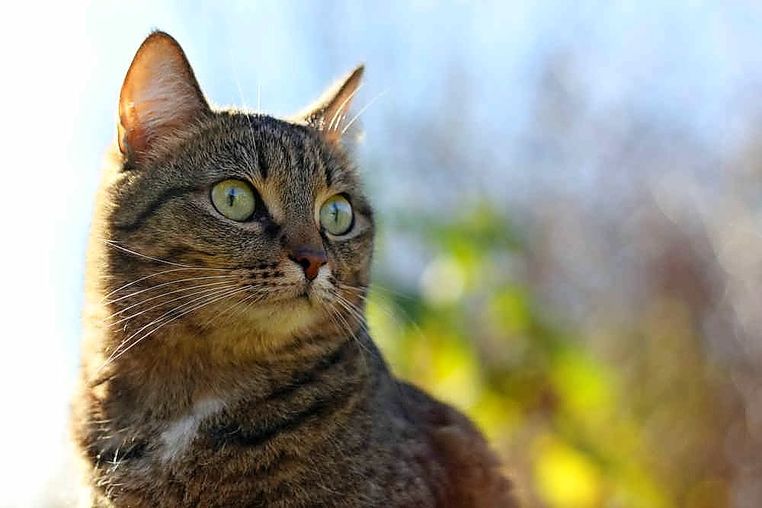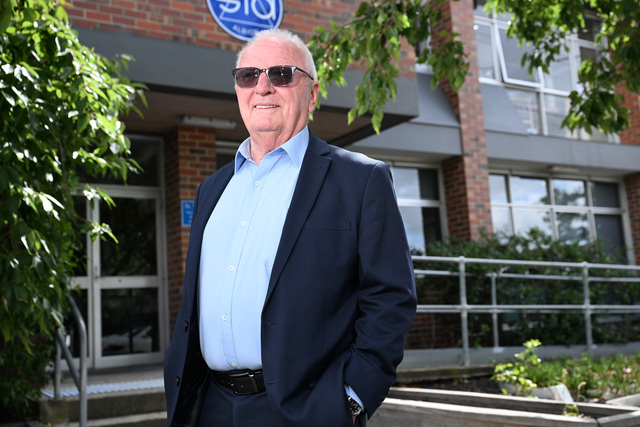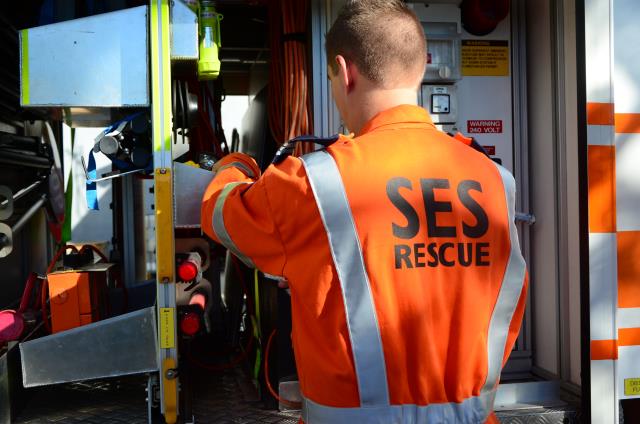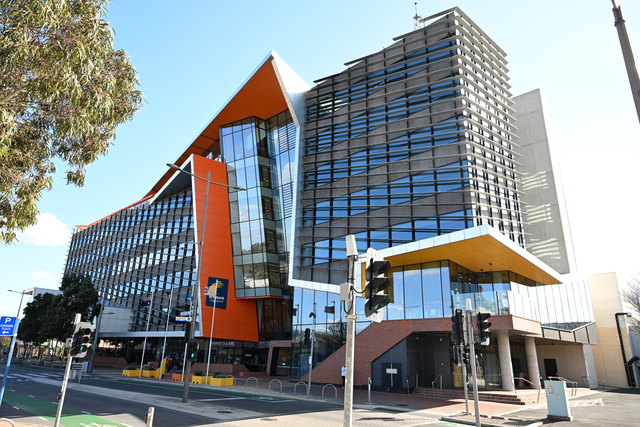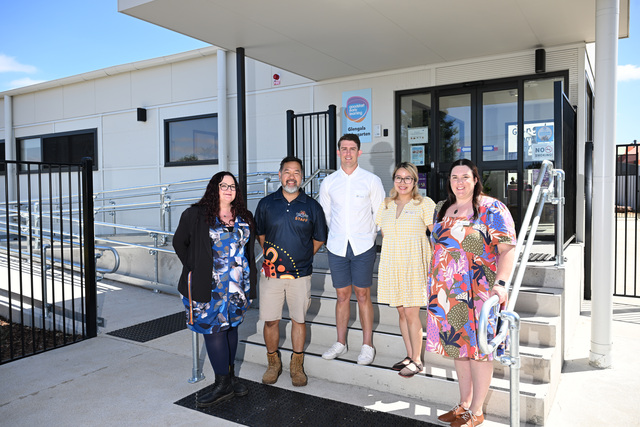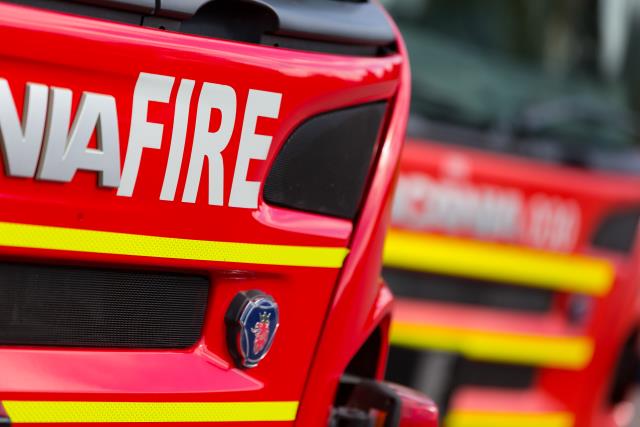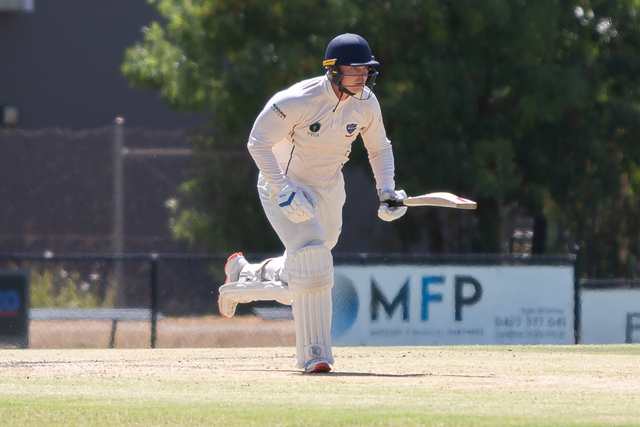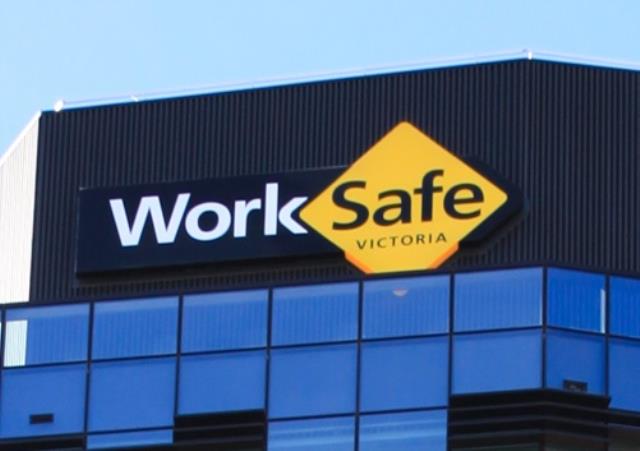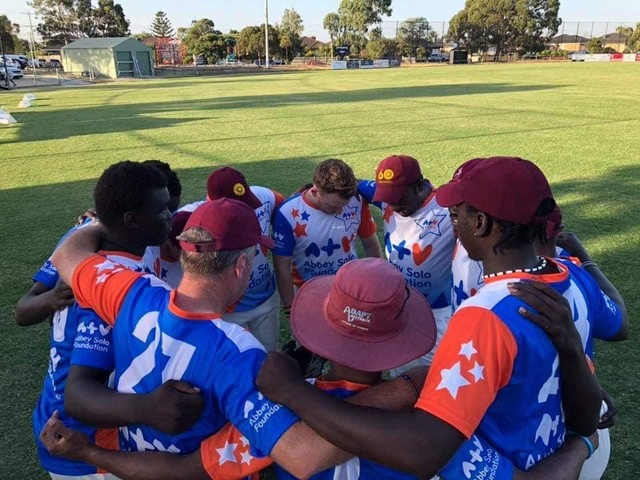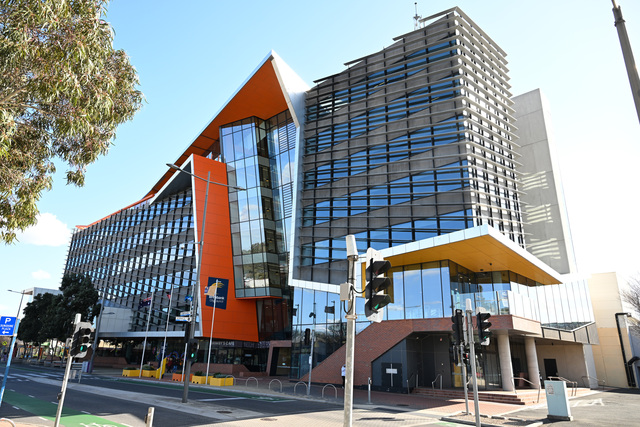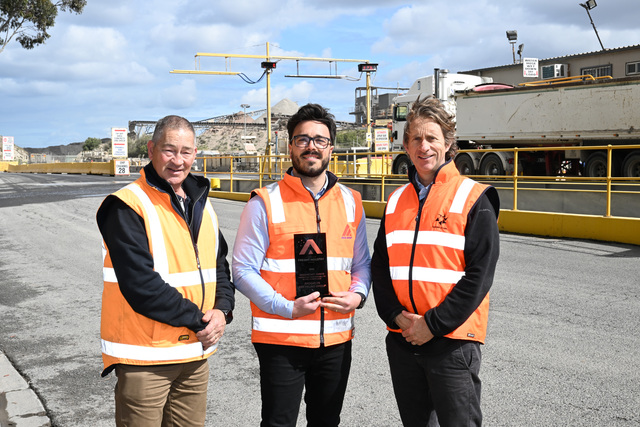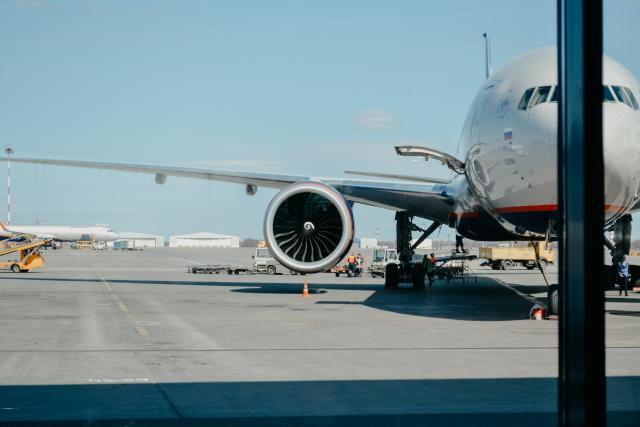The number of stray and feral cats collected in Brimbank continues to climb.
During the 2018-19 financial year the council collected 2091 cats, a sharp increase on the 1724 collected during 2017-18.
All cats collected by the council are taken to The Lost Dogs’ Home for assessment and/or re-homing, unless they’re in need of urgent medical attention,
Brimbank director city development Kelvin Walsh implored pet owners to do their bit.
“We encourage our community to be responsible pet owners – this means microchipping, desexing and registering pets.
“We also encourage cat owners to take advantage of discounted cat desexing available for just $54 through council’s partnership with The Lost Dogs’ Home.”
Earlier this month the RSPCA said cats were one of the largest welfare issues in the state.
The animal welfare organisation had 11,200 cats admitted into its care during the 2018-19 financial year – a steadily growing rate from the year prior – and encouraged cat owners to keep their pets indoors.
The RSPCA said one of Brimbank’s neighbouring municipalities, Whittlesea, has a major problem, with the organisation’s Epping shelter accounting for 36 per cent (4059 in total) of all felines accepted by the organisation.
RSPCA head of operations Tegan McPherson said a lack of desexing was contributing to the northern suburbs’ problem.
“The sheer volume of cats and kittens in the area is a problem,” she said.
“There is a really low rate of desexing and microchipping of cats and kittens. One undesexed cat and her offspring can have up to 2000 kittens in two years.
“It’s just not good welfare when you have got cats roaming with no one to care for them.”
A mobile cat desexing clinic will roll into St Albans later this month. It will be at the Westvale Community Centre from Tuesday, September 17 to Thursday, September 19.
Bookings can be made online at trybooking.com/535454

